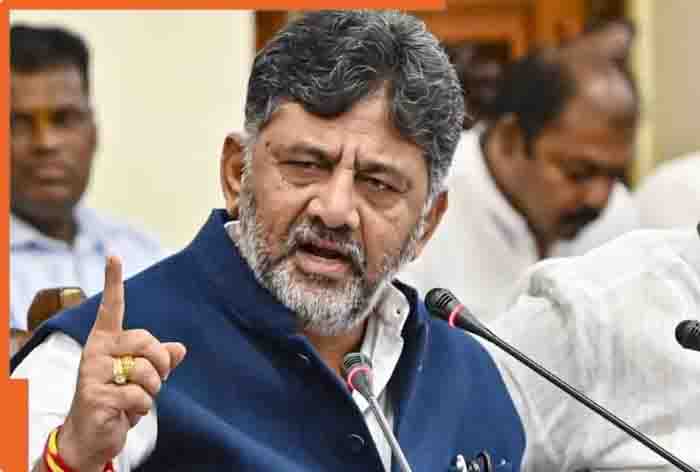
Bengaluru: Karnataka Deputy Chief Minister DK Shivakumar on Saturday clarified that the state government’s decision to provide 4% reservation in government contracts is not limited to Muslims but extends to all minority communities and backward classes.
“Four per cent reservation is not just for Muslims but for all minority communities and backward classes,” he told ANI.
Karnataka Cabinet Approves Amendment to Public Procurement Law
The Karnataka Cabinet has approved an amendment to the Karnataka Transparency in Public Procurement (KTPP) Act, which will ensure a 4% quota in tenders for Muslim contractors and other backward communities.
Key Highlights of the Amendment:
- The reservation applies to government tenders up to ₹1 crore.
- It includes Scheduled Castes (SC), Scheduled Tribes (ST), Category-I, Category-II A, and Category-II B.
- Category-II B refers to Muslims.
The amendment will be tabled in the ongoing assembly session, with the Cabinet likely to present it on Monday.
Government’s Justification for the Move
On March 7, Chief Minister Siddaramaiah confirmed the 4% quota for Muslims in public works contracts while presenting the Karnataka Budget.
The government argues that the move ensures fair opportunities for historically marginalized communities in public procurement.
Additional Cabinet Decisions: e-Khata for Rural Areas
Alongside the procurement reservations, the Cabinet also approved the implementation of e-Khata in rural areas under the Rural Development and Panchayat Raj Department.
e-Khata Benefits:
Enables digital property records for rural households.
Helps regularize rural revenue projects.
The move aims to streamline land records and ownership details for villagers.
KPSC Reforms Also on the Agenda
The Karnataka Lokasewa Commission (KPSC) was another major discussion point in the Cabinet meeting.
Key Decisions:
- A separate committee will be formed to oversee reforms in the KPSC selection process.
- The government will review and implement the committee’s recommendations for improving recruitment transparency and efficiency.
The Karnataka government’s decision to reserve 4% of government contracts for minority communities has sparked political discussions, with some critics questioning the categorization of reservations. However, the government insists that the policy is inclusive and benefits all backward classes, not just Muslims.
As the amendment heads to the assembly, all eyes will be on how the opposition reacts and whether the proposed reforms in public procurement and governance gain approval.

 Share
Share



